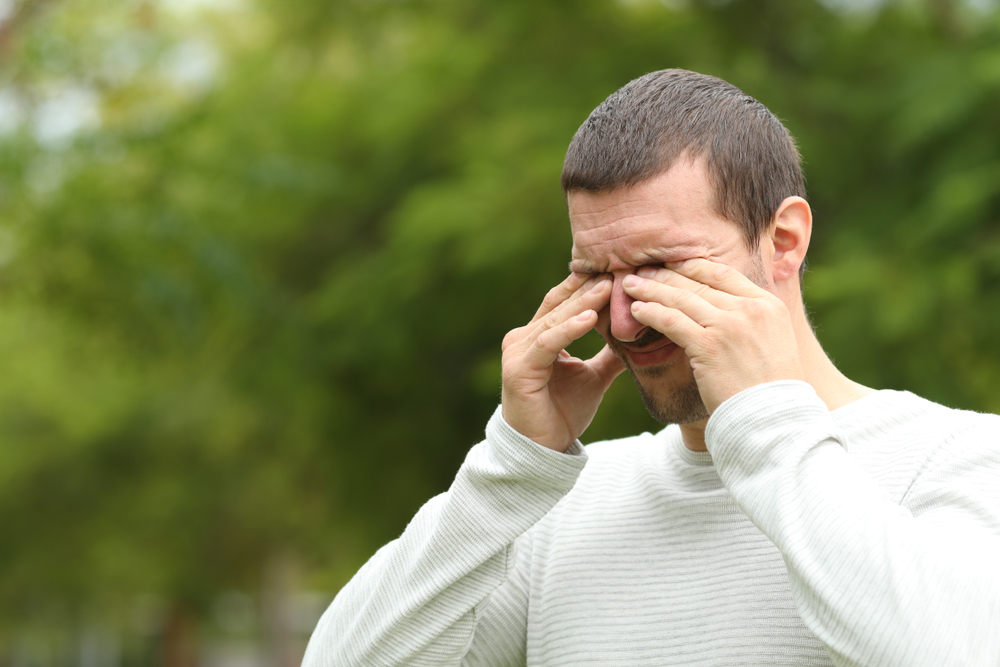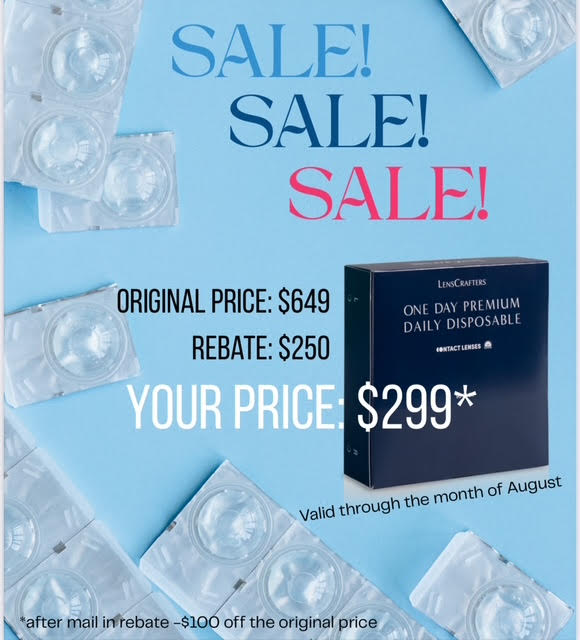
Seasonal eye allergies can make your eyes itch, burn, water, or become red and swollen. You may also experience sneezing, a runny nose, or a headache. These symptoms occur when your immune system responds to airborne allergens such as pollen, dust, mold, or pet dander.
They typically occur in spring, summer, or fall, depending on the kind of allergen in your region. You can use practical strategies to manage your seasonal eye allergy symptoms and enjoy the outdoors without irritation. Here are some tips to try:
Avoid or Reduce Exposure to Allergens
The most effective way to prevent or lessen eye allergy symptoms is to avoid or limit exposure to the allergens that cause them. Here are some ways to do that:
Stay indoors when the pollen level is high and check it regularly
Wear shades or glasses to shield your eyes from allergens
Use air conditioning or a HEPA filter in your home and car and do not open your windows
Avoid mowing the lawn, raking leaves, or gardening when allergens are high
Rinse off and shampoo your hair after being outside to get rid of any allergens
Wash your bedding and curtains regularly to get rid of dust and mold
Vacuum and dust your home frequently to reduce dust and pet dander
Get a hypoallergenic dog or keep them off beds and couches to not irritate you further
Use Eye Drops or Artificial Tears
Another way to relieve eye allergy symptoms is to use eye drops or artificial tears. These products can help wash away allergens from your eyes and soothe irritation. To relieve itchy, red, and swollen eyes, try eye drops with antihistamines or decongestants that you can buy without a prescription.
However, these shouldn’t be used for an extended period of time because they can worsen the symptoms. You can also use preservative-free artificial tears to lubricate and moisturize your eyes whenever you feel discomfort during the day.
Take Oral Antihistamines or Allergy Medications
If eye drops or artificial tears are insufficient, you can take oral antihistamines or allergy medications to control your eye allergy symptoms. These drugs can block the histamine that causes allergic reactions and reduce inflammation in your eyes and nose.
Depending on your symptoms and what your doctor recommends, you can take antihistamines or allergy medicines you can get with or without a prescription. Be aware that some of these drugs can have side effects, like making you sleepy, giving you a dry mouth, or affecting your eyes. Always read the instructions and talk to your doctor before using them.
See an Eye Doctor or an Allergist
Visit an eye doctor or an allergist for more tests and treatments if your eye allergy symptoms are severe or do not go away with any of the methods above. They can examine your eyes and test for specific allergens causing your problems.
They can prescribe more potent eye drops or medications to help you manage your symptoms more effectively. They may also recommend immunotherapy (allergy shots) if you have chronic or severe eye allergies that do not respond to other treatments.
Immunotherapy is a treatment that uses injections of tiny doses of allergens over time to slowly make your immune system less sensitive and allergic to them.
For more on seasonal eye allergy, visit Dr. Richard E. Hults & Associates at our Summit Mall, Midway Mall, Belden Village, and Westgate Mall, Ohio offices. Call (330) 252-7457, (440) 687-6055, (330) 252-7616, or (440) 755-2857, respectively, to schedule an appointment today.
















